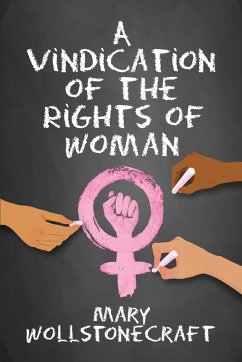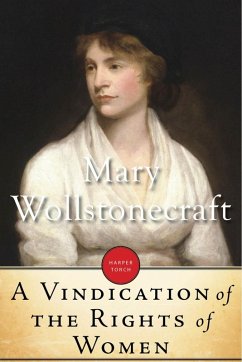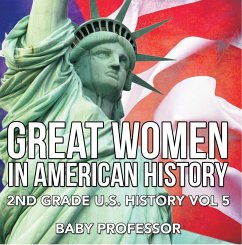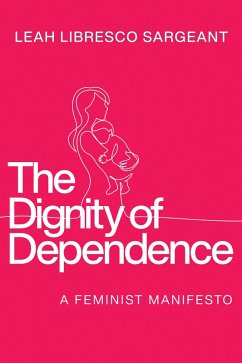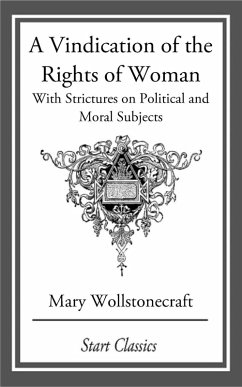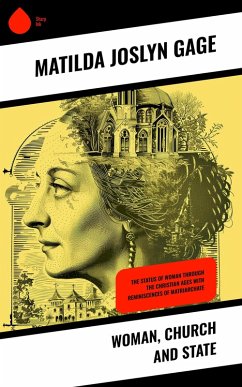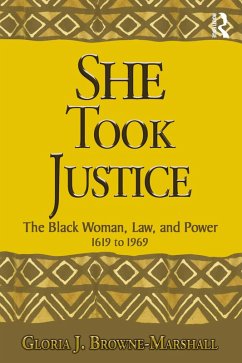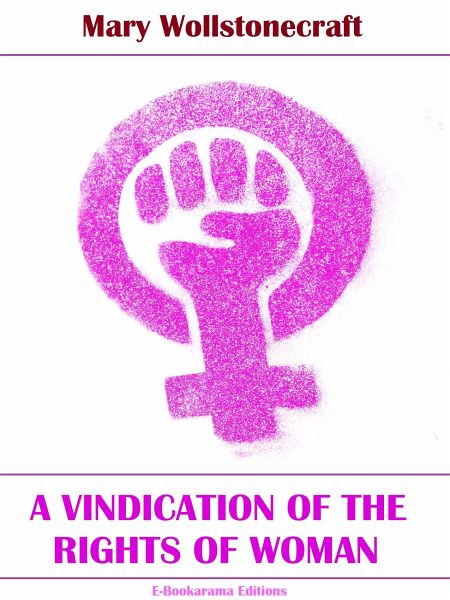
A Vindication of the Rights of Women (eBook, ePUB)
Versandkostenfrei!
Sofort per Download lieferbar
0,99 €
inkl. MwSt.
Weitere Ausgaben:

PAYBACK Punkte
0 °P sammeln!
"A Vindication of the Rights of Women" is a book-length feminist essay by British writer Mary Wollstonecraft, published in 1792. The essay called for female equality, particularly in the area of education. Wollstonecraft dismissed the cultivation of traditional female virtues of submission and service and argued that women could not be good mothers, good wives and good household managers if they were not well-educated. She claimed that women were expected to spend too much time on maintaining their delicate appearance and gentle demeanor, sacrificing intelligence for beauty and becoming flower...
"A Vindication of the Rights of Women" is a book-length feminist essay by British writer Mary Wollstonecraft, published in 1792. The essay called for female equality, particularly in the area of education. Wollstonecraft dismissed the cultivation of traditional female virtues of submission and service and argued that women could not be good mothers, good wives and good household managers if they were not well-educated. She claimed that women were expected to spend too much time on maintaining their delicate appearance and gentle demeanor, sacrificing intelligence for beauty and becoming flower-like playthings for men. The book is divided into thirteen chapters, in which Wollstonecraft addressed topics such as the importance of educating women equally, treating women with dignity and providing women with the proper training to be good wives and mothers and intelligent companions for their husbands.
Dieser Download kann aus rechtlichen Gründen nur mit Rechnungsadresse in A, B, BG, CY, CZ, D, DK, EW, E, FIN, F, GR, HR, H, IRL, I, LT, L, LR, M, NL, PL, P, R, S, SLO, SK ausgeliefert werden.




